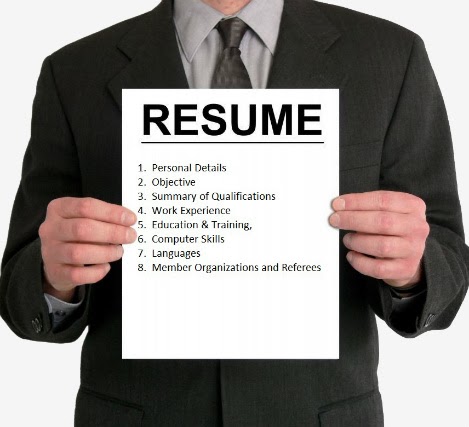When applying for a job, your resume is your first impression. But how important is the resume, exactly? To answer that question–VERY!
Because your resume makes it to the employer before you, in most cases, it should not only reflect your academic and professional accomplishments, but it should show that you have the ability to produce quality writing and work. Although all of us are not born writers, we should have the ability to look over something, especially something representative of who we are, and identify any red flags and figure out how they can be fixed.

Although there are no fast, hard resume rules, there is general resume etiquette that you should follow to ensure that your resume represents you well. Here are some Do’s and Don’ts for creating a winning resume:
1. Do have a distinct header displaying your contact information, making sure that it is not run-in with the rest of the resume. It is safe to bold your name.
2. Don’t allow your contact information to be too fancy, take up a half page, or be too distracting.
3. Do have your present/former employer and job title listed so that the reader can skim and gain some idea as to what you have done. Use bolding or italics, preferably making the employer and position distinguishable.
4. Don’t include your employer or title in a list with the rest of the text-it should serve as a header to the duties.
5. Do list your duties using active and/or descriptive words, such as created, performed, and managed.
6. Don’t use first person, or conversational tone, such as “I was the person that was responsible for…”
7. Do make sure that you emphasize what’s most compelling about you by way of presentation and order. If your experience is more interesting than your education, then list your employment history first. If you just finished a degree/certification program and are seeking something in a new field, then list education first.
8. Don’t mix education and experience by listing them together. They are two separate sections that deserve headers on their own, although employment history is usually longer than education.
9. Do invest in high-quality resume paper when presenting a hard copy of your resume to an employer.
10. Don’t present your resume on regular copy paper, for there is paper made specifically for formal resume preparation.
Following these general guidelines will aid you in creating the resume that lands you the job. Be sure that there aren’t any critical errors, such as the don’ts listed above-this could result in your resume being tossed to the side, for the employer will think that surely you will not be attentive to the company’s needs if you cannot take a few minutes to spruce up your resume.
